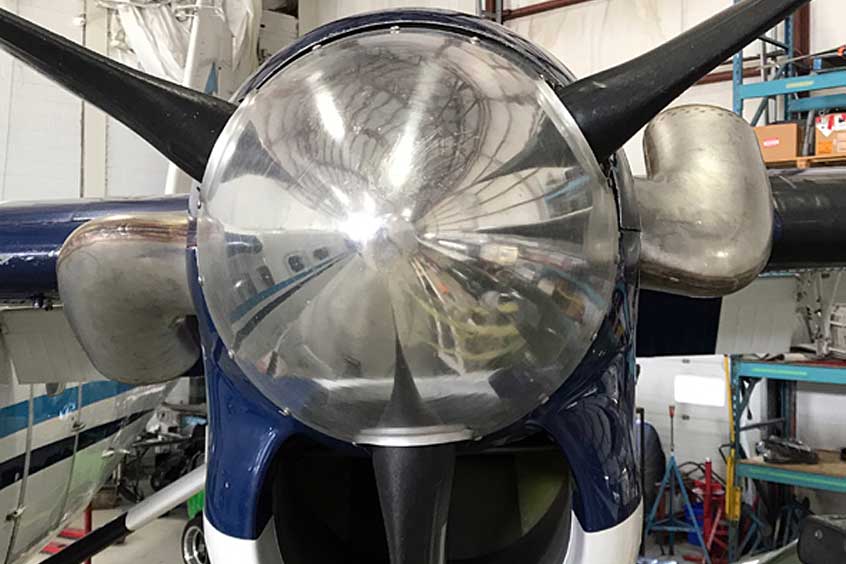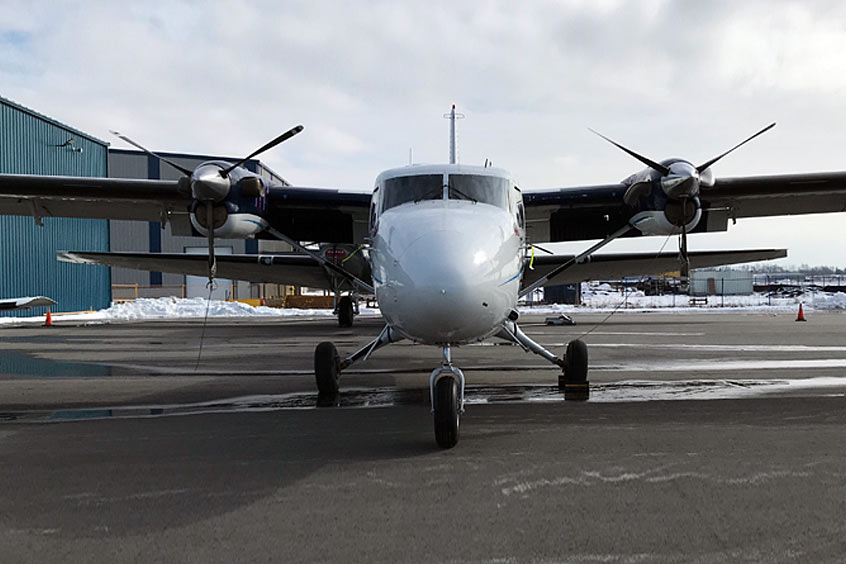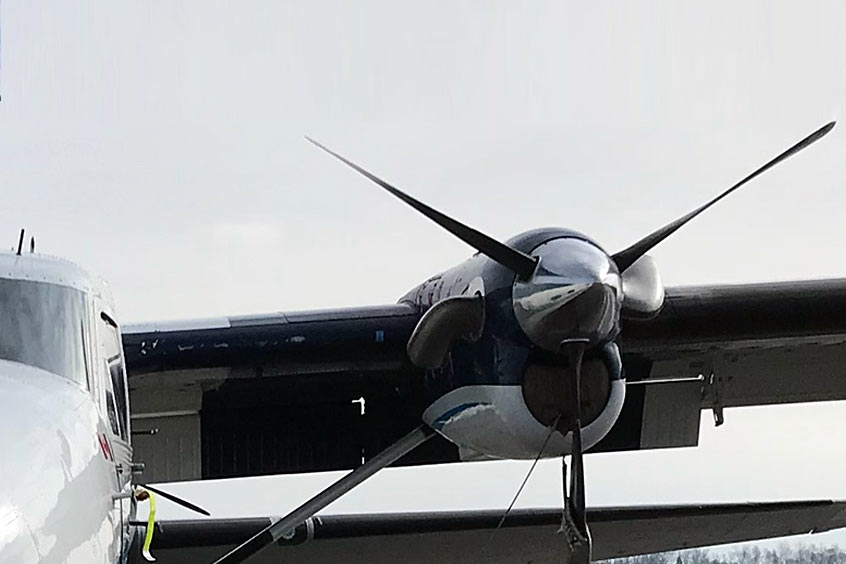Why visit ACE ’25?




Acorn Welding in Edmonton, Canada has received STC approval from Transport Canada on new, next generation exhaust stacks for DHC-6 Series Twin Otter aircraft. This STC utilises modern streamlined exhaust stacks developed in house by Acorn Welding that have been optimised for maximum recovery of loss from the PT6A family of engines.
Equipping the DHC-6 Series Twin Otter with a modern next generation exhaust stack allows the aircraft to better utilise jet thrust generated by the PT6A-34 engine. The PT6A-34 engine generates the 82lb while the -27 generates 90lb of jet thrust. This jet thrust more than offsets any additional drag created by the exhaust while directing hot exhaust and combustion byproducts away from the leading edge of the wing. This re-direction of the exhaust is expected to keep the aircraft cleaner during operations. A major benefit to operators will be a reduction in maintenance resulting from less sooting and corrosion of the exhaust gasses to the wing.
The new next generation exhaust installation is lighter than the existing DHC-6-400 series exhaust in service today. It is also constructed without the use of turning veins to redirect the exhaust rearwards. The complete Inconel 625 construction will solve the engine flange corrosion problem that exists for those operators operating in highly corrosive salt-water environments. With over 1,050 classic DHC-6 exhaust stacks delivered since 2006 and countless repairs under its belt, Acorn Welding is looking to the future by modernising the DHC-6 fleet.
The exhaust is the latest addition to Acorn Welding's portfolio of turboprop exhaust products. In addition to the DHC-6, Acorn Welding manufactures aftermarket exhausts for the Beechcraft King Air 200, 250, 300, and 350 series of aircraft as well as the 1900 and 1900D airliner. Other turboprop products include process repairs for Beechcraft anti-ice intake lips, engine trusses and Cessna 208 Caravan exhaust secondary exhaust assemblies.
Acorn Welding is a leader in welded and riveted components for all sectors of aviation with the ability to design and manufacture of turbine engine exhaust, exhaust systems for piston aircraft, engine mounts and support trusses. Acorn Welding is also a manufacturer of fuel, hydraulic and pneumatic lines, reservoirs and manifolds. Capabilities include the ability to combine several processes that Riveted and welded assemblies such as induction boxes, seat frame elements, engine and flight control linkages, and many other products that customers require. Key manufacturing processes at Acorn Welding are fusion welding to AWS D17.1, resistance welding to AWS D17.2 as well as riveting, metal forming and stamping. In-house CNC processes including turning, milling, laser and waterjet machining. Acorn Welding offers full-service NDT and finishing solutions as required by customer specifications and partner with a variety of finishing partners to meet customers' needs.